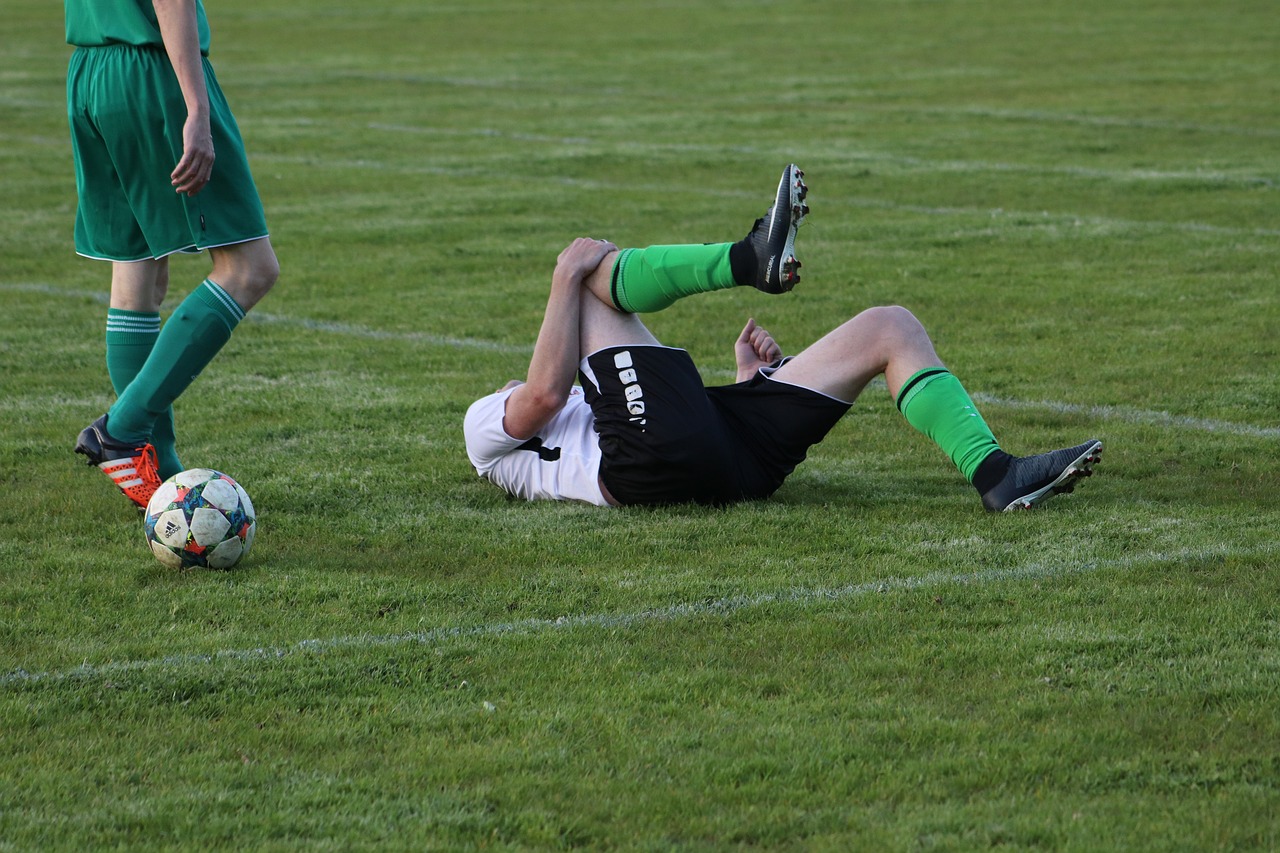Being a high school athlete is an exciting and rewarding experience, but it also demands a healthy and well-conditioned body to give your best effort. Injury prevention and recovery should be top priorities for every athlete, as they are key to maintaining peak performance and enjoying a long and successful athletic career. Let’s dive into the essential strategies that can help you stay in top shape.
Warm Up and Cool Down
Before engaging in any physical activity, it’s crucial to warm up properly. A comprehensive warm-up routine should include activities like jogging, jumping jacks, and dynamic stretches to increase blood flow, improve flexibility, and prepare your muscles and joints for the demands of the game. Similarly, after the game or practice, a proper cool-down routine that involves static stretching and light exercises helps reduce muscle soreness and aids in the recovery process.
Strengthen Your Body
Building a strong and resilient body is key to injury prevention. It’s vital to include strength training exercises in your regular routine, focusing on areas specific to your sport. For all athletes, strengthening your core, legs, and upper body will not only enhance your performance but also provide stability and protection to vulnerable areas, such as the knees and shoulders.
Proper Private Coaching
During lessons with your private sports coach, make sure you’re working on the right skills with proper technique. Incorrect form can lead to unnecessary injuries. If you don’t work with a private trainer, you can find a local coach near you through Athletes Untapped.
Listen to Your Body
Listening to your body’s signals is crucial in injury prevention. Pay attention to any signs of pain, discomfort, or fatigue. Pushing through injuries or ignoring warning signals can lead to more severe problems and prolonged recovery periods. If you experience any pain or suspect an injury, seek medical attention promptly. Early intervention and appropriate treatment can significantly reduce rehabilitation time and help you get back on track faster.
Maintain a Balanced Diet
Proper nutrition plays a crucial role in supporting your athletic performance and aiding in recovery. Fuel your body with a balanced diet consisting of whole foods, including lean proteins, complex carbohydrates, healthy fats, and a variety of fruits and vegetables. Stay hydrated by drinking enough water throughout the day, especially before, during, and after exercise. Consider consulting a sports nutritionist to ensure you’re meeting your specific dietary requirements.
Get Sufficient Rest and Recovery
While it’s essential to work hard and stay committed to your training, it’s equally important to give your body enough time to rest and recover. Adequate sleep allows your muscles and tissues to repair and regenerate, reducing the risk of injury and improving overall performance. Prioritize sleep, aiming for 7-9 hours of quality sleep each night. Additionally, incorporate active recovery techniques like foam rolling, stretching, and light exercises before bed to promote blood circulation and reduce muscle stiffness.
Cross-Train and Vary Your Activities
Engaging in a variety of sports and activities can help prevent overuse injuries. Cross-training allows you to work different muscle groups and gives specific areas of your body a break from repetitive movements. It also enhances overall fitness and improves your athletic abilities. Consider participating in activities like swimming, cycling, or yoga to complement your primary sport and maintain a well-rounded fitness level.
Prioritize Your Health for a Successful Athletic Career
As a high school athlete, taking care of your body is essential for long-term success and enjoyment in your sport. By implementing the strategies mentioned above, you can significantly reduce the risk of injuries, promote recovery, and maintain peak performance on and off the court. Remember, injury prevention is a proactive process that requires consistent effort and dedication. Prioritize your well-being, listen to your body, and seek professional guidance when needed. By doing so, you’ll be setting yourself up for a successful athletic career and a healthier future.




